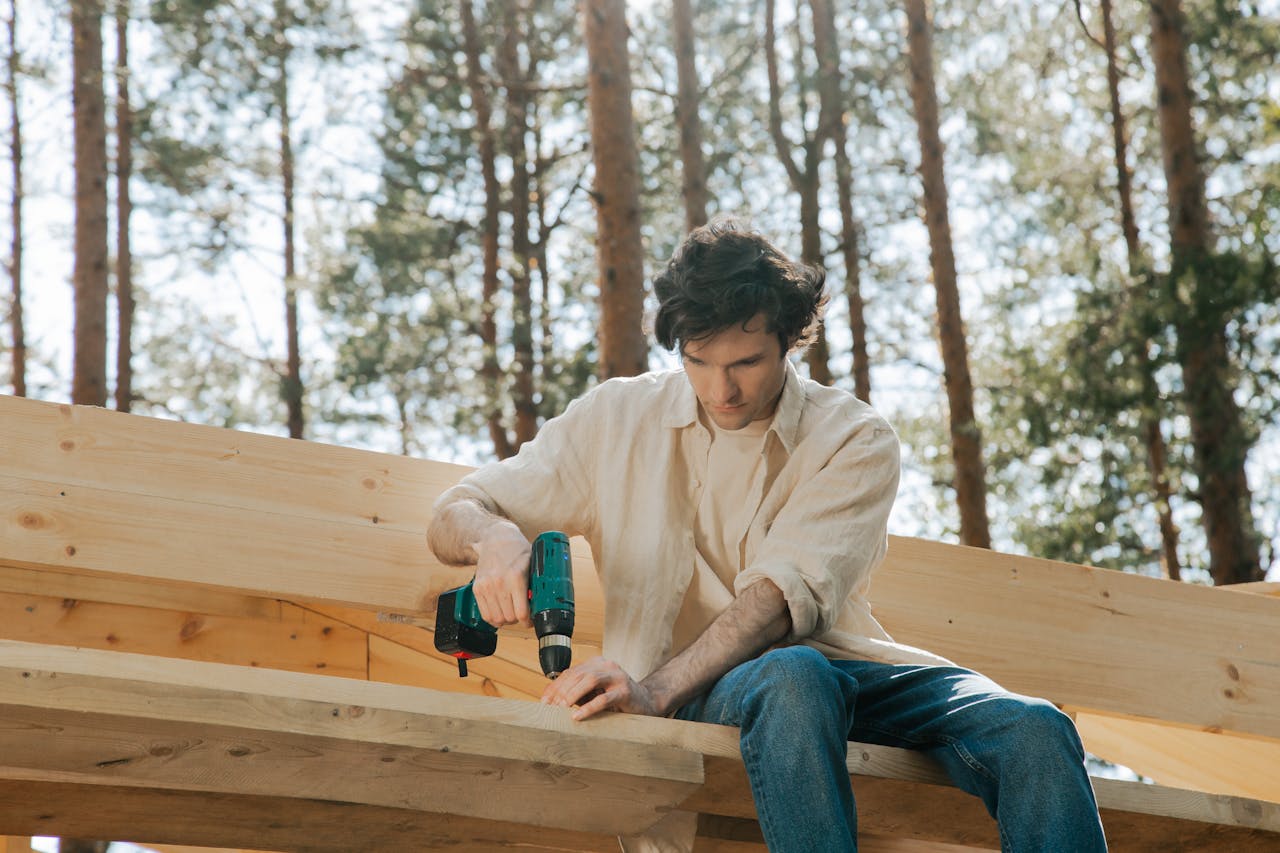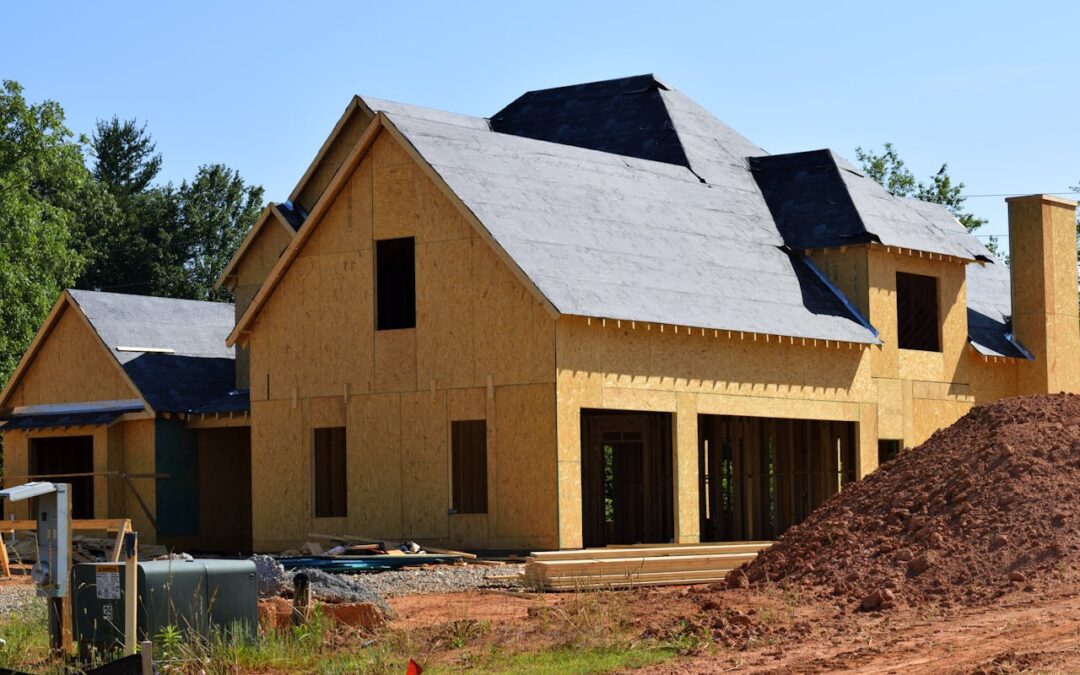When it comes to utilities—electricity, water, gas, and telecommunications—safety and reliability are top priorities for both homeowners and business owners. You might be wondering, “What’s the best way to ensure these systems are as safe and dependable as possible?” You’re in the right place. This article breaks down exactly why underground utilities are a better, safer choice for residential and commercial buildings.
Let’s explore the practical reasons why burying utilities has become the preferred approach in many areas, and how it benefits not just individual properties but entire communities.
What Are Underground Utilities?
Underground utilities refer to essential services like electrical power, water supply, gas lines, and communication cables that are installed below ground level. Instead of running wires and pipes overhead or along the surface, these systems are buried, typically in durable conduits, to protect them from external threats.
The Safety Advantages of Underground Utilities
1. Protection From Weather Hazards
One of the most obvious benefits of underground utilities is their resilience to extreme weather. Above-ground power lines and utility poles are highly vulnerable to windstorms, snow, ice, and even lightning strikes. A single storm can knock out power for days or damage communication lines.
On the other hand, underground systems are safely tucked away from such weather conditions. By staying protected under layers of soil and insulation, they are less likely to suffer outages or require expensive emergency repairs.
2. Reduced Risk of Accidents
Overhead wires are not just exposed to weather—they can also pose safety risks to people and property. High-voltage wires hanging above homes and commercial buildings can create hazards if they fall or are accidentally touched. For instance, falling tree branches can snap overhead lines, leading to dangerous live wires.
Underground utilities eliminate these risks entirely. Without exposed wires, the chances of accidental contact or damage are greatly reduced, making them inherently safer for neighborhoods, workplaces, and public areas.
3. Fire Prevention
In areas prone to wildfires, overhead utilities can be a significant hazard. Electrical sparks from above-ground power lines can ignite dry vegetation, leading to devastating fires. By burying utilities underground, the risk of such incidents is significantly minimized, making it a preferred choice in fire-prone regions.
Long-Term Reliability and Durability

1. Minimal Maintenance and Repairs
Underground utilities are designed to last. Because they are shielded from external threats like weather and physical impact, they generally require less frequent maintenance compared to their above-ground counterparts. While the initial installation cost may be higher, the long-term savings on repairs and replacements can be substantial.
2. Protection Against Vandalism
Above-ground systems can be easy targets for vandalism, whether intentional or accidental. Underground systems, however, are much harder to access without specialized tools, reducing the likelihood of tampering or damage.
3. Consistent Service
Have you ever experienced a blackout because a truck hit a utility pole in your neighborhood? Incidents like this are rare with underground utilities. Since these systems are shielded from surface-level disturbances, they provide a more consistent and reliable service.
Improved Aesthetics and Property Value
While safety and reliability are the primary reasons to choose underground utilities, they also offer aesthetic benefits. Above-ground wires and poles can clutter the view around a property, detracting from its appearance. By removing this visual clutter, underground systems contribute to a cleaner, more attractive environment.
For commercial buildings, this can make a significant difference in projecting a professional image. For homes, buried utilities can increase property values, as potential buyers often see them as a sign of modern, well-maintained infrastructure.
Environmental Benefits of Underground Utilities
Underground systems are not just safer for people—they’re also better for the environment. Without overhead wires, there’s less risk of harming local wildlife, such as birds or animals that may come into contact with utility lines. Additionally, underground systems often involve fewer chemical treatments (like anti-corrosion coatings) that could seep into the soil or water.
What About Installation?
At this point, you may be convinced that underground utilities are the way to go. But how does the installation process work? That’s where hiring a utility contractor comes into play. These professionals specialize in planning, installing, and maintaining underground utility systems.
Whether you’re building a new home, upgrading a commercial property, or retrofitting an older building, a reliable utility contractor can handle everything from digging trenches to laying pipes and cables securely. For more information on what a utility contractor does and how they can help with your project, check out this utility contractor resource.
Challenges and Considerations
It’s important to note that underground utilities aren’t without their challenges. Installation can be more expensive upfront, and digging into the ground requires careful planning to avoid disturbing existing infrastructure. However, these initial hurdles are outweighed by the long-term safety and reliability benefits.
Additionally, certain environments—such as areas with high water tables or rocky terrain—might require specialized solutions to ensure the durability of underground systems. Consulting with an experienced contractor can help address these issues effectively.
Conclusion
Whether you’re a homeowner looking to protect your family or a business owner aiming for a safe and professional environment, underground utilities are a smart investment. By shielding critical infrastructure from weather, accidents, and tampering, these systems provide unmatched safety and reliability.
If you’re considering underground utilities for your property, working with a professional utility contractor is the first step toward making it happen. It’s a decision that not only ensures peace of mind but also adds lasting value to your home or business.

Recent Comments